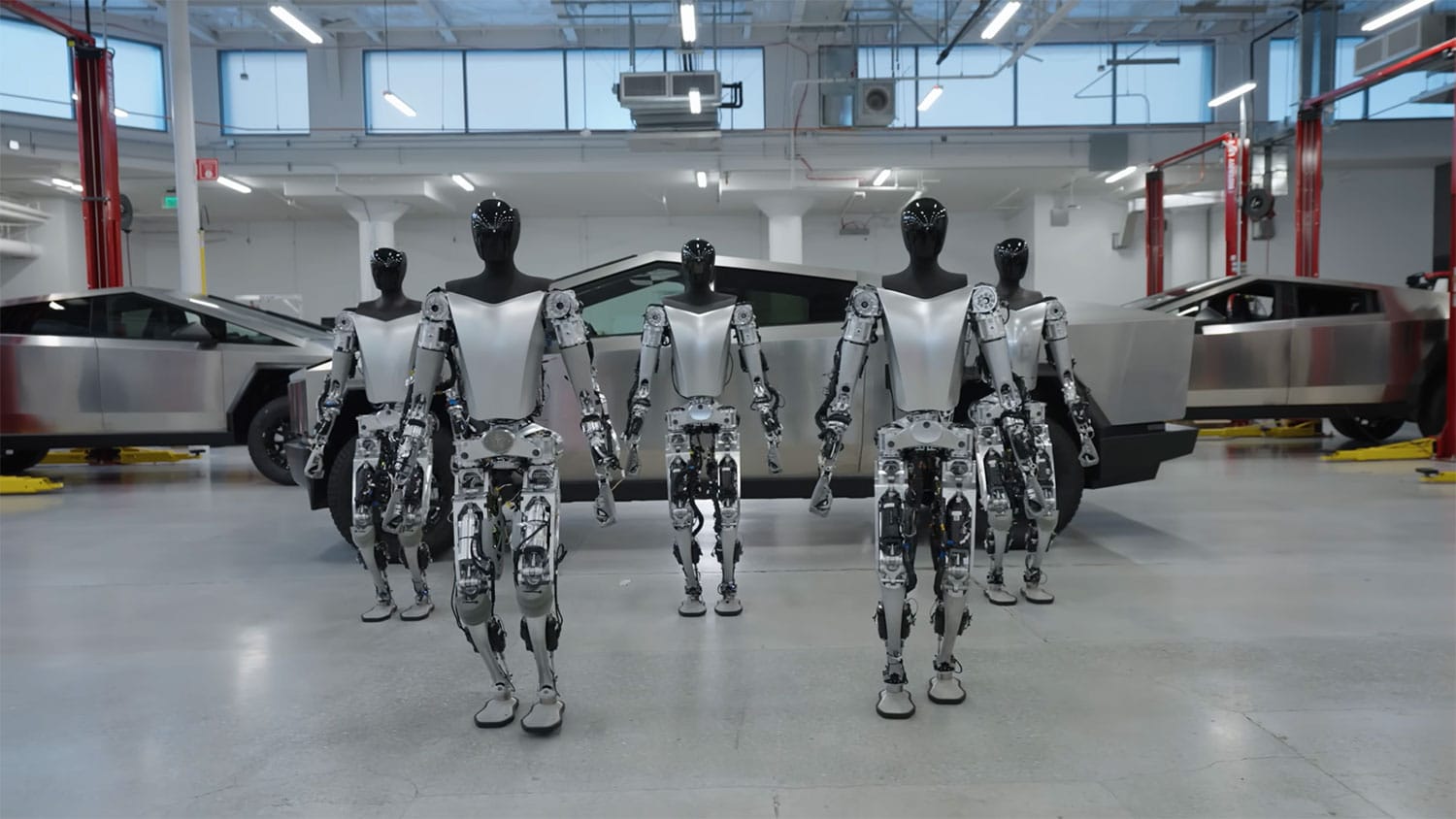Across global industries, companies are navigating a complex and often unsettling transition as artificial intelligence rapidly evolves. This technological advancement is not merely augmenting existing processes; it is actively reshaping, displacing, and simultaneously creating entirely new roles across multiple sectors, fueling significant worker anxiety about the future of employment.
Recent findings underscore the depth of this concern. According to a report from the Pew Research Center, roughly half of U.S. workers express worry about the future use of AI in their workplaces. Critically, few of these workers believe that AI will ultimately lead to an increase in long-term job opportunities, highlighting a prevailing sentiment of apprehension rather than optimism.
The Tech Paradox: Layoffs Amidst AI Push
This anxiety is particularly acute within the technology sector itself, where major companies like Microsoft, Intel, Amazon, and Meta have implemented significant workforce reductions. Paradoxically, these same companies are simultaneously promoting their advanced AI tools, which are increasingly capable of sophisticated tasks such as generating code, analyzing vast datasets, and developing applications with minimal human intervention.
Executives from these tech giants have offered glimpses into the future they are building. Meta Chief Executive Mark Zuckerberg has publicly stated his belief that AI will possess the capability to write code at the level of a mid-level engineer by the year 2025. This projection suggests a rapid acceleration in AI’s capacity to perform tasks historically requiring significant human expertise.
Microsoft Chief Executive Satya Nadella has provided insight into AI’s current impact within his own organization, noting that as much as 30% of the company’s code is already being written by AI systems. Such figures demonstrate that AI is not a distant future prospect but is already integrated into core operational functions, including those performed by highly skilled professionals.
Impact on Established Professions
The disruptive potential of AI extends beyond the tech industry, posing challenges to established professions. Data from the Bureau of Labor Statistics offers a clearer picture of potential shifts in specific occupations. The bureau projects slower-than-average employment growth for roles such as paralegals and legal assistants. Furthermore, roles for credit analysts, claims adjusters, and insurance appraisers are expected to see a decrease in employment numbers, largely attributed to the increasing capabilities of AI in automating tasks traditionally handled by these professionals.
A stark warning was issued earlier this year by the AI startup Anthropic, which suggested that AI could potentially eliminate more than half of all entry-level white-collar jobs within a relatively short timeframe of one to five years. While a projection from a company developing AI technology itself, it reflects a significant concern within the industry about the speed and scale of potential job displacement.
The Rise of the AI-Native Workforce
Despite the widespread fears of job displacement, the rise of AI is also creating substantial new opportunities and shifting the landscape of labor demand. There is a discernible and growing demand for expertise directly related to AI technology.
A study spanning two years by Autodesk and GlobalData analyzed job market trends, revealing a surge in mentions of AI within U.S. job listings in 2025 (as reported by Autodesk’s analysis). This indicates that companies are actively seeking individuals with AI knowledge and skills to build, manage, and apply these new technologies.
The study also identified the fastest-growing roles emerging in this AI-driven era. These include specialized positions such as AI engineer, AI content creator, and AI solutions architect. These roles represent a new frontier in the job market, requiring a blend of technical skill and creative application of artificial intelligence.
Navigating the Transition
The current environment presents a complex picture: significant workforce reductions are occurring concurrently with unprecedented advancements and investments in AI. This confluence of factors is understandably generating considerable anxiety among workers across many sectors.
While some traditional roles face potential disruption or decline due to automation, the accelerating demand for AI-specific expertise highlights the evolving nature of the economy. The challenge for workers, educators, and policymakers will be navigating this transition, focusing on reskilling and upskilling initiatives to prepare the workforce for the jobs of the future – roles that will increasingly involve collaborating with, developing, and managing artificial intelligence systems rather than competing directly against them.













